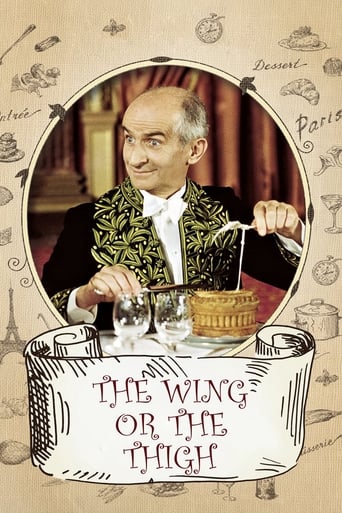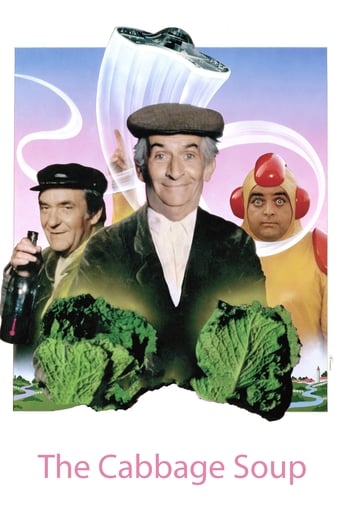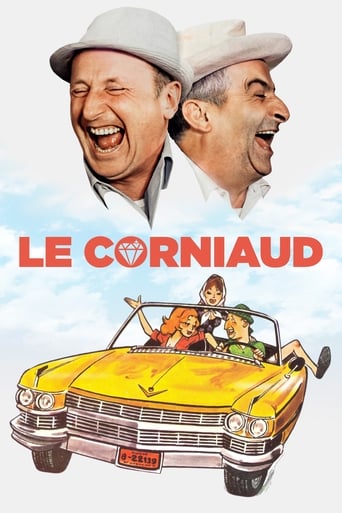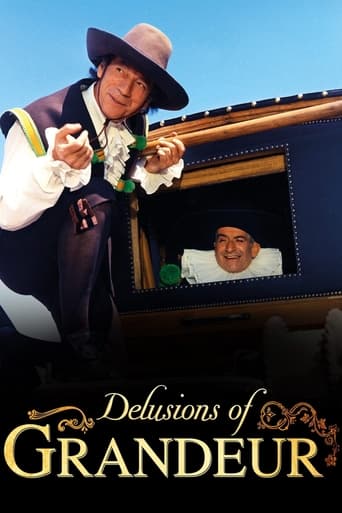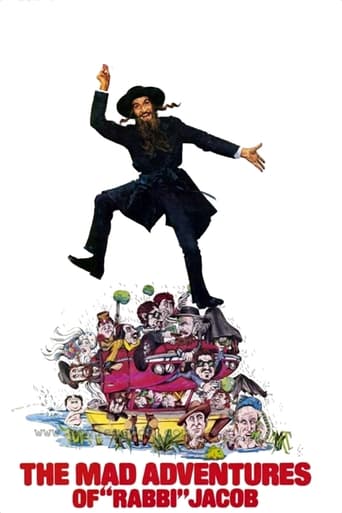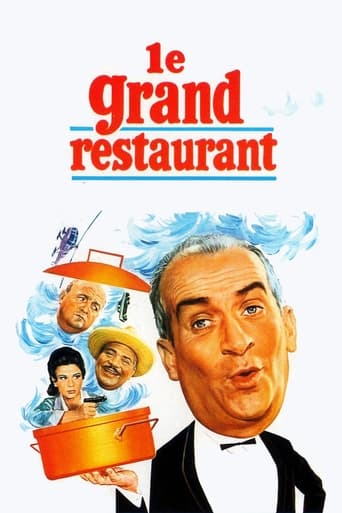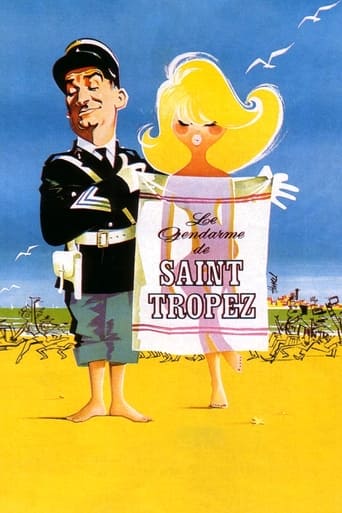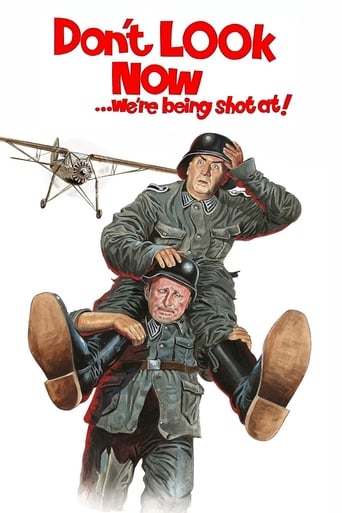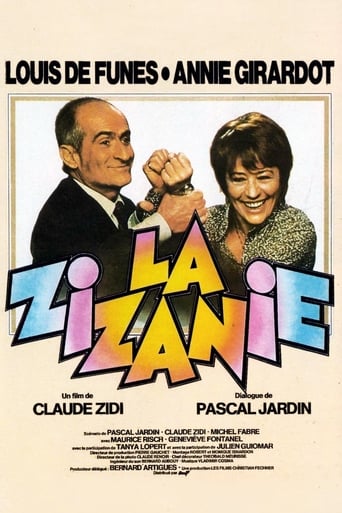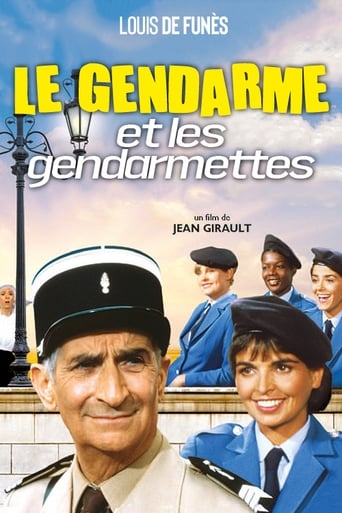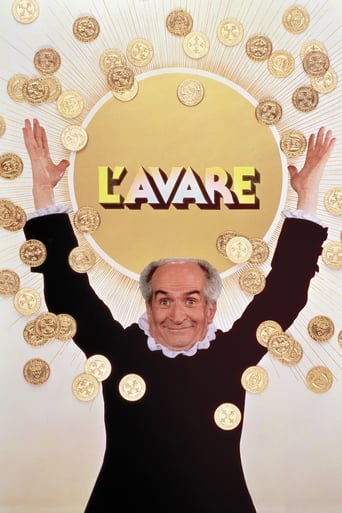


The Miser
Based on Molière's play. The children of Harpagon, Cléante and his sister Elise, are each in love but they still haven't spoken to their father yet. Harpagon is a miser who wants to choose the right man and the right woman for his children. When Cléante, at last, tries to speak to Harpagon, the old man informs the family that he wants to marry Marianne, the young girl loved by Cléante. Unaware of his son's sorrow, Harpagon doesn't understand why Cléante has become so angry with him.
-
- Cast:
- Louis de Funès , Michel Galabru , Claude Gensac , Bernard Ménez , Guy Grosso , Michel Modo , Henri Génès


Similar titles
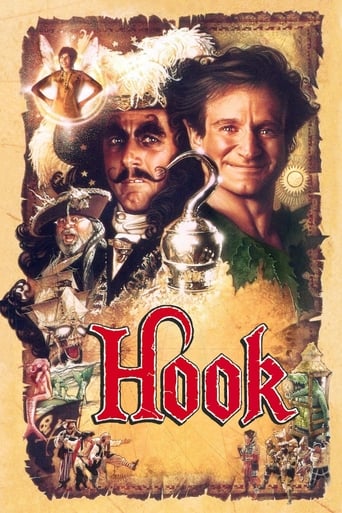

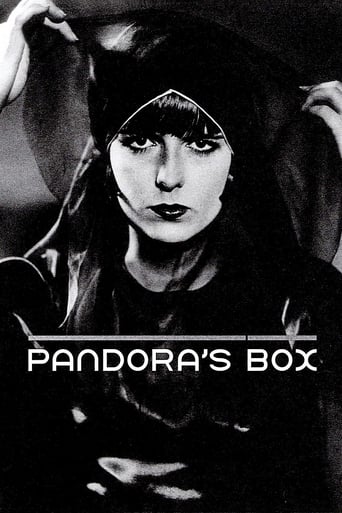

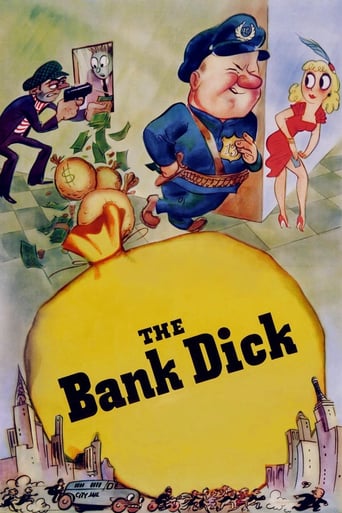
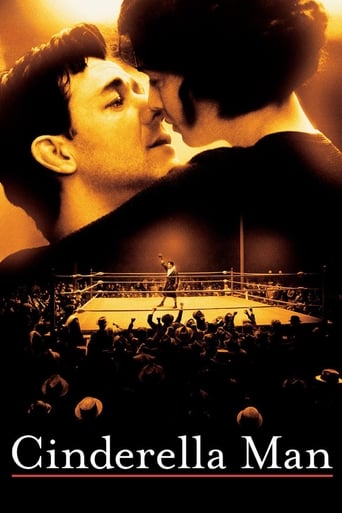
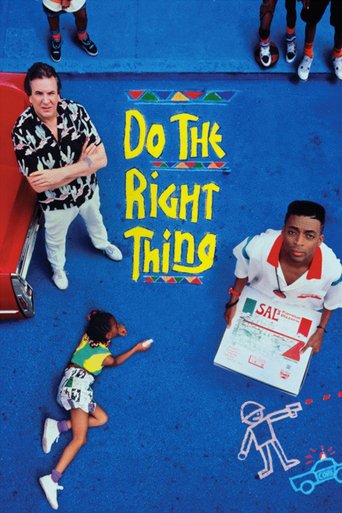
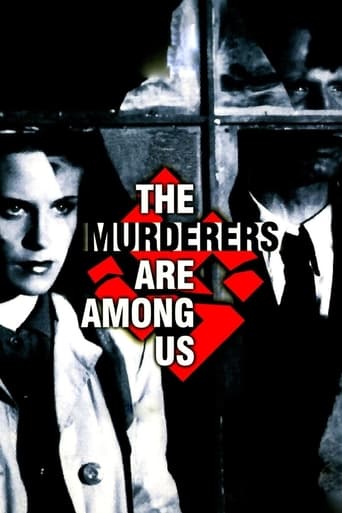
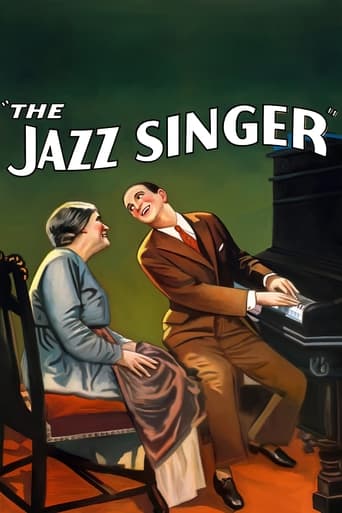
Reviews
Simply Perfect
Instant Favorite.
I wanted to but couldn't!
Excellent but underrated film
That French people call their mother tongue the language of Molière and that the equivalent of a Tony award in France is named Molière say everything about the playwright's national legacy, of Shakespearian magnitude (and on that basis, you can guess how French nicknamed English language, too).Like Shakespeare indeed, Molière created a gallery of unforgettable characters whose names became regular terms of references. A 'Tartuffe' is a bigot, an Alceste a misanthrope and finally, a 'miser' is called Harpagon, from the name of one of the most defining "Molieran" characters, a sexagenarian who loves his money more than his children, jealously hiding his golden coins in a treasured box buried in his yard. As a kid, I thought he was the live version of Scrooge McDuck, the little box being a miniature of the cubic money bin, English scholars might see Ebenezer Scrooge in the cheap bastard.Greed and misery are traits many kids can relate to and it's not a hazard that Harpagon is one of the characters they immediately identify. Indeed, there's nothing more ridiculous than a man who, driven by an irrational obsession, acts like a child. The most memorable sequence is when Harpagon discovers it's been stolen and goes into a tirade as famous as Don Diego in "El Cid" or Cyrano's nose monologue: Harpagon even catches his own hand as if it belonged to the thief, his hysteria comes to such a point, he stops to be evil and puts the 'pathetic' in sympathetic.And this "sympathetic villain" is the persona that defined the most iconic French comedian of all-time: Louis de Funès. 'Fufu', with all his childish tantrums and manic obsessions, was born to play Harpagon. The thing is "being born" doesn't mean "being trained" and French Comedy in terms of 'Comedie Française' is no joking matter, so when De Funès suggested the idea to his long-life companion director Jean Girault, he didn't change one single line to the original play, out of respect to the Master. One of his personal regrets was not to have embraced the noble 'theatrical' career and he was so impressed by the other comedians that at one point, he went through a block.There's a touching anecdote told by his eternal 'wife' actress Claude Gensac who just passed away a few months ago: while incapable to complete a scene, she consoled him, saying, "it was worth it to do this for your mother and not being able to pull it, what if the old lady saw you from up there?" She hit a sensitive chord because De Funès' mother was his main inspiration, and to have that persona, she was a little Spanish woman of volcanic temper who behaved exactly like Donald Duck when she was angry, jumping and screaming. So when De Funès makes duck sounds in the climactic trial, there was no better way to pay the final tribute to his muse and get rid of a few demons. And seriously, who could inject Disney in Molière without changing the spirit? That's the power of "The Miser", you never can tell if it's Molière's greatness transcended by De Funès' comical power or the opposite, I guess it's a little bit of both: two kings of comedies finally meeting. When the film opens, you have the traditional romantic set-up and the young comedians are all fairly competent, but somewhat, you understand Girault's reluctance to adapt the play by the book, it feels too talkative, too stagy, but once you see Harpagon, it's the miracle. In his first scene in the church, an old woman comes shaking the little purse to take the collection, he pretends to be in such a deep meditation he can't hear her and like a sleepwalker, sneaks his way out of the church while she keeps on shaking, a minute of silent De Funès immediately sets the tone.And this is why I had to come up with that lengthy introduction of Molière, as iconic as the playwright was, his plays have seldom inspired movies, let alone box-office successes and "The Miser"' is certainly the most successful of all the movies adapted by Molière, so De Funès had to be the special ingredient, surrounded by his old accomplices: Girault, Michel Galabru, Claude Gensac and a few buddies from the 'Gendarme' series. He gave his touch, he knew how to spice up the original material with slapstick and funny uses of props and drawings, I doubt there was such an endlessly long drawer in the 'thief' scene but I'm sure Molière would have inserted it if he could. There's a bittersweet aspect in the film, it is one of De Funès' last three movies, at a time where he had to moderate his frenetic style of comedy following his cardiac episode. Each film carried a symbolical resonance, some dramatic monologues and a torch passing moment with Jacques Villeret in "The Cabbage Soup" and a final "Gendarme" film, also Girault's final movie before his death. But "The Miser" is De Funès' last comical exploit, where the time of a film, his frail old age magically vanished and he looked almost exactly like his characters of the late 60's. Believe it or not, I've always thought the film was made before his stroke. It's like a rejuvenation boost, a last hurrah at a time where his form of comedy was deemed as obsolete, replaced by the new generation.De Funès feels young again, because he fulfilled a youth dream, because for one moment, he became his mother's son, because he had so much respect for Molière this was a role he couldn't miss, or simply because the film had a personal value, which is enough a reason to admire, appreciate and enjoy it.
L'Avare (1980) isn't my favorite foreign film but I still like it. The set is minimal, and inaccurate for time period. However, it has a Monty Python feel which I love. Louis De Funés plays an awesome Harpagon and invigorates Moliére's classic. The slapstick comedy and Louis De Funés' facial expressions help bridge the gap of the era in which the script was written to the present. I definitely prefer this version to others I've seen with bigger budgets. Others take what is supposed to be a comedy and turn it into a dramatic period piece. All in all, this film is worth your time if you are looking for a way to make French Classicism more bearable.
L'avare is not my all-time favorite play but it is worth seeing, since Harpagon is a truly memorable character. And in this version Harpagon is played by the extremely funny Louis de Funès, which, as usual, shines. The original script has not been touched, so it may be hard for some to get into the movie, and since the sets are minimal, a little imagination is required. But if you get into it, you'll have fun. The cast is good, but the play is centered around Harpagon and Louis de Funès is absolutely perfect for that role. This is a comedy as in comedy at the time of Molière. At this time, a comedy was a play thats IS NOT a tragedy, meaning it does not have a sad ending, so don't expect a laugh-out-loud comedy. One thing that I don't like about this play/movie is the end. But this movie is still worth your time, even if it is just to introduce you to Molière.75%
Louis de Funès was certainly a shoo-in for the role of the irascible, mean and greedy Harpagon. The setting is somehow bizarre, but Molière's text is scrupulously respected. Filmed theater is usually taboo among movie critics and amateurs, but this experiment is both pleasurable and successful.If you want to discover Molière, this is the movie to see.

